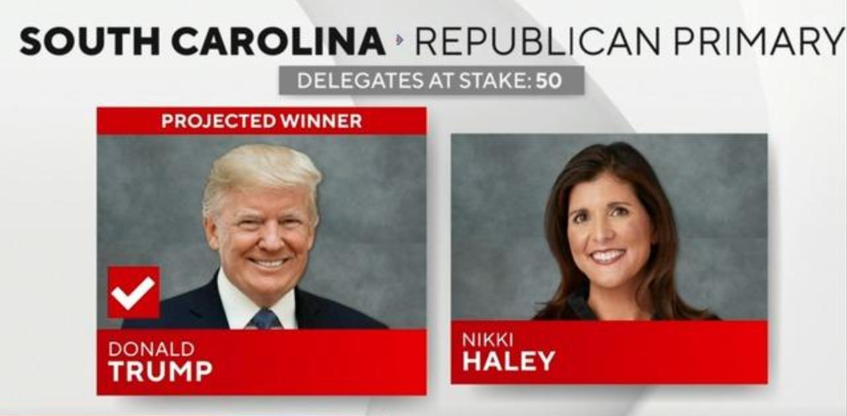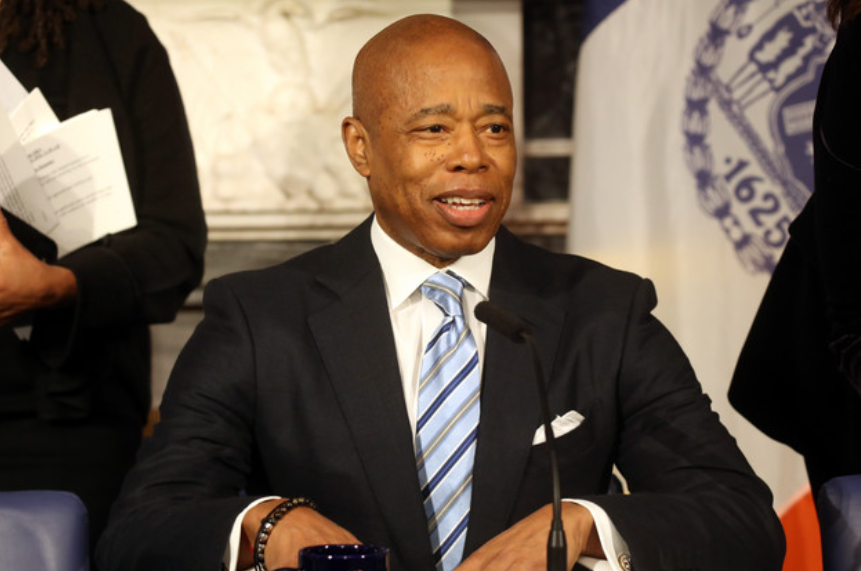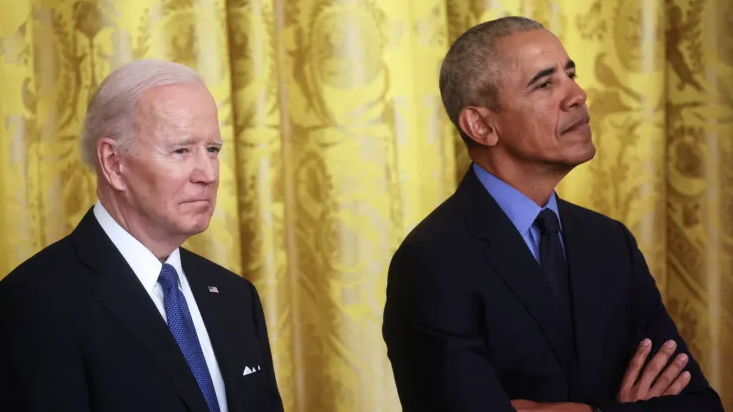Former President Donald Trump finds himself in a pickle, and it’s not the kind you can just tweet your way out of. With a staggering $440 million in civil judgments looming over his head, the big question is: Can he afford to pay up? Let’s break it down in simpler terms.
First off, Trump’s financial situation is as mysterious as a magician’s hat. He claims to have plenty of cash on hand, but without access to his tax returns, it’s anyone’s guess. Even if he does have the dough, shelling out $440 million could leave his pockets feeling lighter than a feather.
So, what if Trump doesn’t have the cash lying around? Well, he might have to start selling off some of his prized possessions. But it’s not just real estate on the chopping block; investments and other assets could also be up for grabs.
But let’s say Trump digs in his heels and refuses to pay. What then? In New York state court, where the largest chunk of the judgment awaits, things could get hairy. If Trump can’t cough up the cash, a sheriff might start eyeing his assets like a kid eyeing candy at Halloween.
Over in federal court, where Trump owes millions for defaming writer E. Jean Carroll, the rules are slightly different. Carroll’s attorney has made it clear: Trump will pay, one way or another. The judge could order Trump to reveal his bank accounts, slap liens on his properties, or garnish his wages until the debt is settled.
But could Trump delay the inevitable by appealing the verdicts? Nope. In all three cases, he has to pony up some cash while he appeals, typically around 120 to 125 percent of the judgment amount. That’s like paying extra interest on a loan you didn’t even want in the first place.
Now, Trump might be thinking, “Can’t I just use campaign funds to cover my debts?” Nice try, but no dice. Campaign donations can’t be used for personal expenses, and his PACs are in no shape to foot the bill, considering they’ve been hemorrhaging cash on legal fees faster than you can say “Make America Great Again.”
So, where does that leave Trump? With a mountain of debt and few options to climb out from under it. He could tap into his business empire, but that might not be enough to cover the tab. And if he thinks he can rely on his political allies to bail him out, he might be in for a rude awakening.
In the end, Trump’s $440 million problem is a reminder that even the most powerful figures aren’t immune to financial woes. Whether he’ll pay up or try to wriggle his way out of it remains to be seen. But one thing’s for sure: The bill is due, and Trump can’t dodge it forever.











